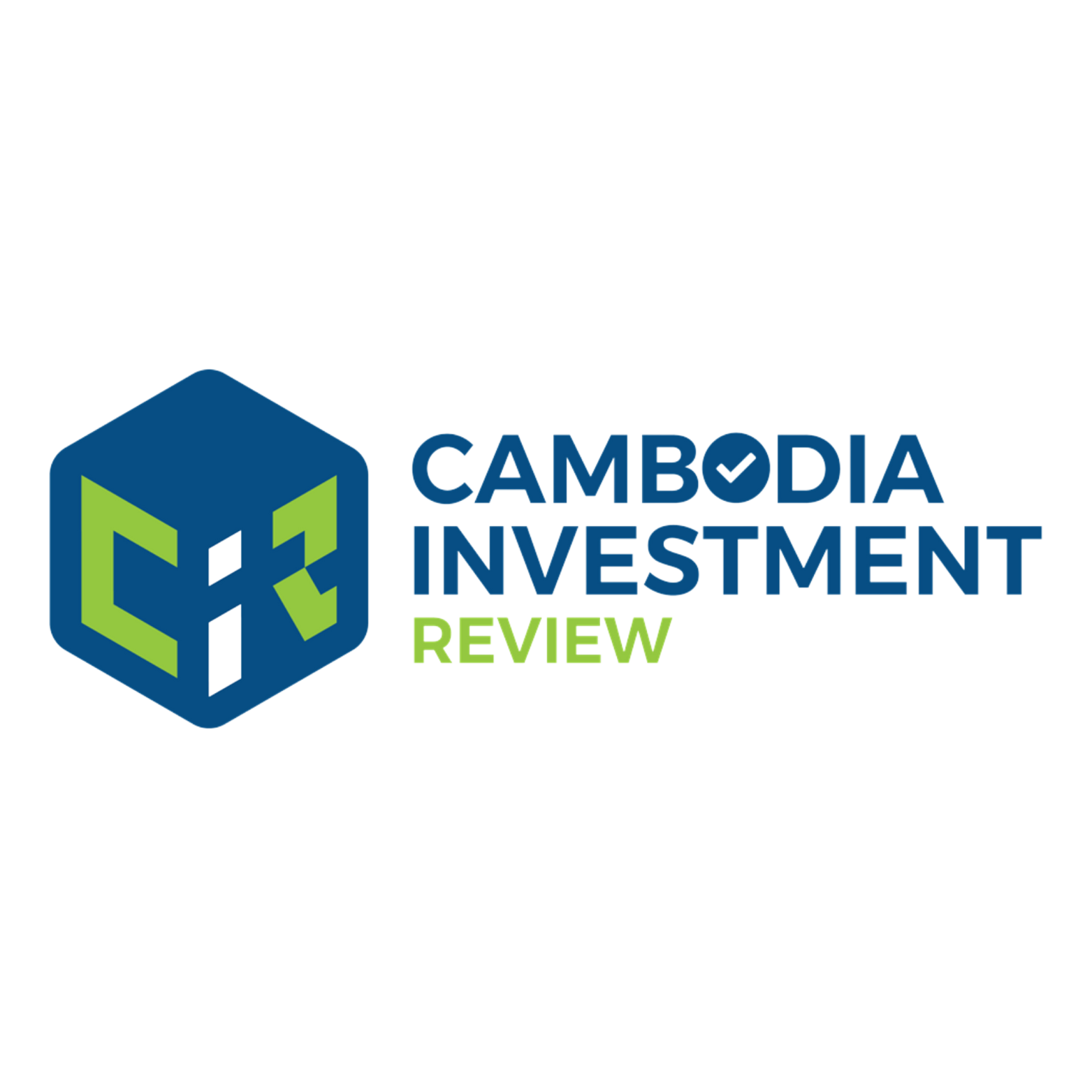Tourism and hospitality is the Cambodian economy’s second-largest growth driver, and by World Bank (WB)’s estimates, contributed about 21% to the GDP in 2019. According to the Ministry of Tourism, this translated into a gross revenue of around USD 4.92 b, a 13% YOY increase. Without a doubt, the tourism sector which has been on the rise for the past decade, is an important foreign exchange earner, attracting 6.61m international tourists which were a 6.6% YOY increase. China was the largest source at 2.36m visitors, followed by Vietnam and Thailand.

Prior to the Covid pandemic, the growth of tourism and hospitality in Cambodia was already encountering a slowdown. Its over-reliance on Angkor Wat in Siem Reap and Chinese visitors were often highlighted by many as warning signs that should not be ignored, but the fallout from the ban on online gambling in Aug 2019 (effective 1 Jan 2020) further catalyzed the slowdown in arrivals to Angkor sites and elsewhere in the country the following year. The Covid pandemic then dealt a severe blow to the global travel and hospitality industry, and the tourism industry in Cambodia was brought to its knees.
In 2020, just USD 1.023 billion in revenue from 1.3m international tourists were recorded, a 79.4% nosedive from USD 4.92 b and an 80.2% fall from 6.6m international visitors in 2019. This translated into just 3% of Cambodia’s GDP in 2020, a far cry from the 21% chalked up in 2019. Industry experts estimate that it would take 3 to 5 years for Cambodia’s tourism sector to get back on its feet, assuming the pre-Covid fundamental challenges are being adequately addressed.

Eco-Tourism in Cambodia
Although low-lying central plains make up about three-quarters of its geography, Cambodia has several distinct landscapes that offer very rich biodiversity of flora and fauna. These very vibrant ecosystems are home to hundreds of different species of wildlife including migratory birds, and thousands of species of plants, and are well suited for eco-tourism.
- Forested highlands (including the Cardamon, Dangrek and Chhlong mountains) and flooded forests at the foot of the mountains;
- The largest natural freshwater lake in Southeast Asia, the Tonle Sap and the Mekong River system and its many tributaries;
- The eastern plains or highlands in Rattanakiri and Mondulkiri boasts a landscape and temperate climate resembling that in Europe;
- The coastal region includes mangrove wetlands; and
- Offshore islands a short ride by boat from the coastal provinces of Koh Kong and Sihanouk.
The ecotourism sector, hitherto under-developed, has seen a surge in interest in recent years as Cambodia relied more on domestic tourism during the Covid pandemic, raising awareness of the many unspoiled areas of the Kingdom that could be suitable for glamping and small footprint development. Trends of increased visitors to ecotourism sites in Cambodia suggest that ecotourism is a product that could be further developed in terms of sophistication and quality control to optimize its potential.
This can not only help create innovative revenue streams for the Cambodian government and its local communities, but help to preserve and protect its natural forests and habitat; these two endeavors or goals need not be mutually exclusive, and indeed, more private sector players are venturing into ecotourism and proving that they could be as good, if not better, at achieving both goals more efficiently and productively than projects that are run or managed on strictly conservation agenda.
Feel free to enquire with the Aquarii team should you need further advice.
If you are looking for a more nuanced insight or advice in terms of other indicators/observations not commonly found in publications for a better understanding of how a business or investor can navigate the local environment or seek out collaboration opportunities and trustworthy partners, get in touch with our team at Aquarii. Ask to speak to our CEO if you wish to know why he has decided to make Cambodia his 2nd home, perhaps the strongest testament of his conviction in the potential and opportunities in the Kingdom.





